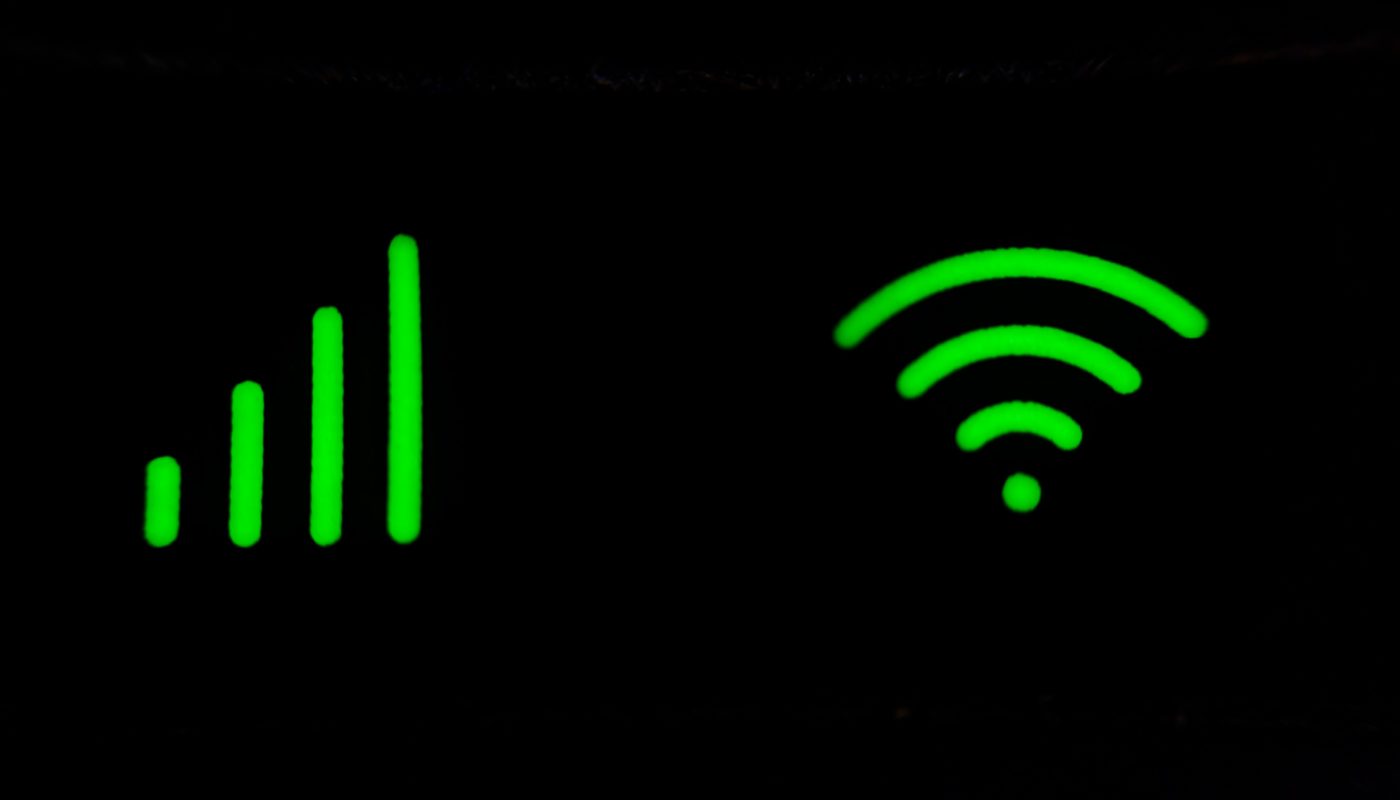In the 21st century, Wi-Fi is a necessity on college campuses. With the increased use of technology for education, fast and reliable access to the Internet has become even more fundamental.
Capital’s wireless network was updated comprehensively during summer 2018. This overhaul included the installation of 860 wireless access points in all of the university’s academic buildings and residence halls, with service extending to outside areas, like the Fountains, as well.
Annette Short, the Associate Director of Infrastructure & Security Services for Capital’s Department of Information Technology, acknowledges how essential Internet connectivity is for students, faculty, and administration during this pandemic.
Capital University’s Internet service is provided by the Ohio Academic Resources Network (OARnet). According to Short, this state-funded network is, “one of the most advanced statewide telecommunications networks dedicated to research, education and economic competitiveness in the nation.”

OARnet’s main offices are located in The Ohio State University’s West Campus, and the network consists of more than 5,500 miles of fiber-optic cables running underground. Originally a creation of the Ohio Department of Higher Education, OARnet primarily serves colleges and universities, although health care facilities and government agencies can also become members of the network.
Short reports that Capital’s subscription plan through OARnet includes both content and commodity Internet, and she clarifies that there is no “average” speed for Wi-Fi connectivity: “Depending on the day and time, students may get different internet speeds. The university bandwidth is a shared resource…”
Basically, this means that Capital’s Wi-Fi will function slower when the bandwidth is shared between more people.
Obviously, the expanded use of Zoom meeting services has increased network traffic on campus. In order to best respond to the heightened demand, Short says that IT has recommended that the university increase bandwidth levels, and improvement that is “currently in progress.”
Ultimately, Short says, “Internet connectivity on Capital’s undergraduate campus should be 100%—providing complete coverage was the goal of the 2018 network improvements. Still, problems can occasionally arise.”
A few weeks ago, internet connectivity in Neighborhood housing and other areas of campus was noticeably weaker. Students reported dropped Zoom calls, and in some instances, no access to wireless networks at all.
The problem, according to Short, was “an underground fiber that had intermittent issues.” Within a weekend, the situation was resolved.
Short stresses that, if students experience any issues with Internet connectivity, they should immediately report them to IT at helpdesk@capital.edu or 614-236-6508.
Throughout the pandemic, Capital’s IT team has worked to remain flexible, adapting to the circumstances to ensure that students have the resources required to complete their coursework and degrees.


